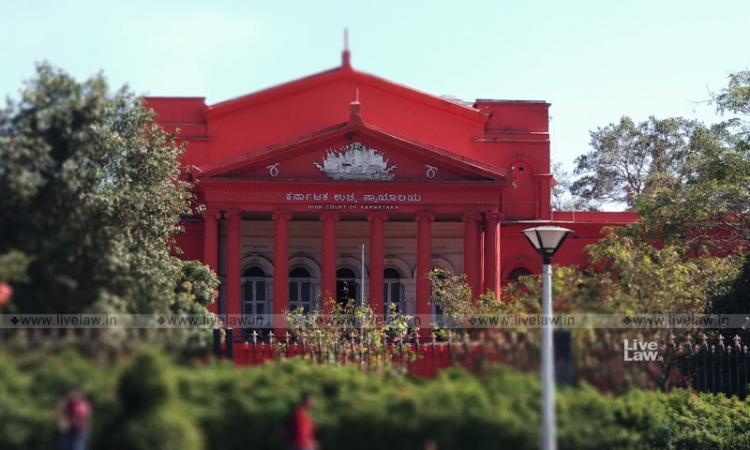High Court Cannot Initiate Contempt For Violation Of Orders Of Karnataka Appellate Tribunal : Karnataka HC
Mustafa Plumber
10 Feb 2021 7:44 PM IST

Next Story
10 Feb 2021 7:44 PM IST
The Karnataka High Court has held that it cannot initiate contempt proceedings for alleged breach of orders passed by Karnataka Appellate Tribunal (KAT) as it is not subordinate to the High Court, within the meaning of Section 10 of the Contempt of Courts Act. A division bench of Chief Justice Abhay Oka and Justice Sachin Shankar Magadum while disposing off a civil contempt petition...
